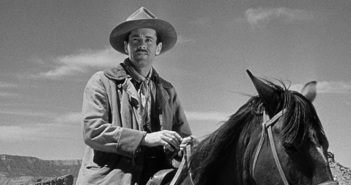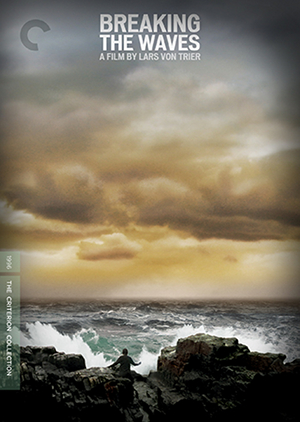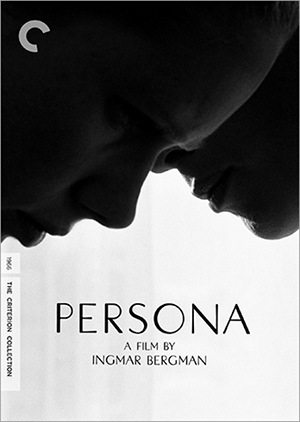It’s a paradoxical body, the filmography of David Gordon Green, a collective that’s oft regarded as something in a near dependable state of decay. Immediately peaking with George Washington or perhaps All the Real Girls, the theory goes, the director slowly fell victim to a clot of expectations and misgivings, eventually coming to favor illusorily safe narrative choices over the somewhat naïve, though no less poignant, rhapsodic lilts that typified his earliest works. The idea here is that vocational experience is supposed to beget formal refinement, which in turn should beget expressional maturation. But this criticism, like many other reductive exercises, is great with fault. Envisioning a strictly linear interpretation of progress, the suggested notion posits a rather capsular view of how artists develop, ignoring, if not outright rejecting, the complexity and dynamicism of the individual. While fiscal burdens and critical pressures may help to curtail some of their more audacious tendencies, a filmmaker is ultimately a multifarious and evolving entity – even, yes, a human being; to decry thematic or ambient shifts in their oeuvre is to assume motive, and moreover, romanticizes the notion of personal stagnancy.






